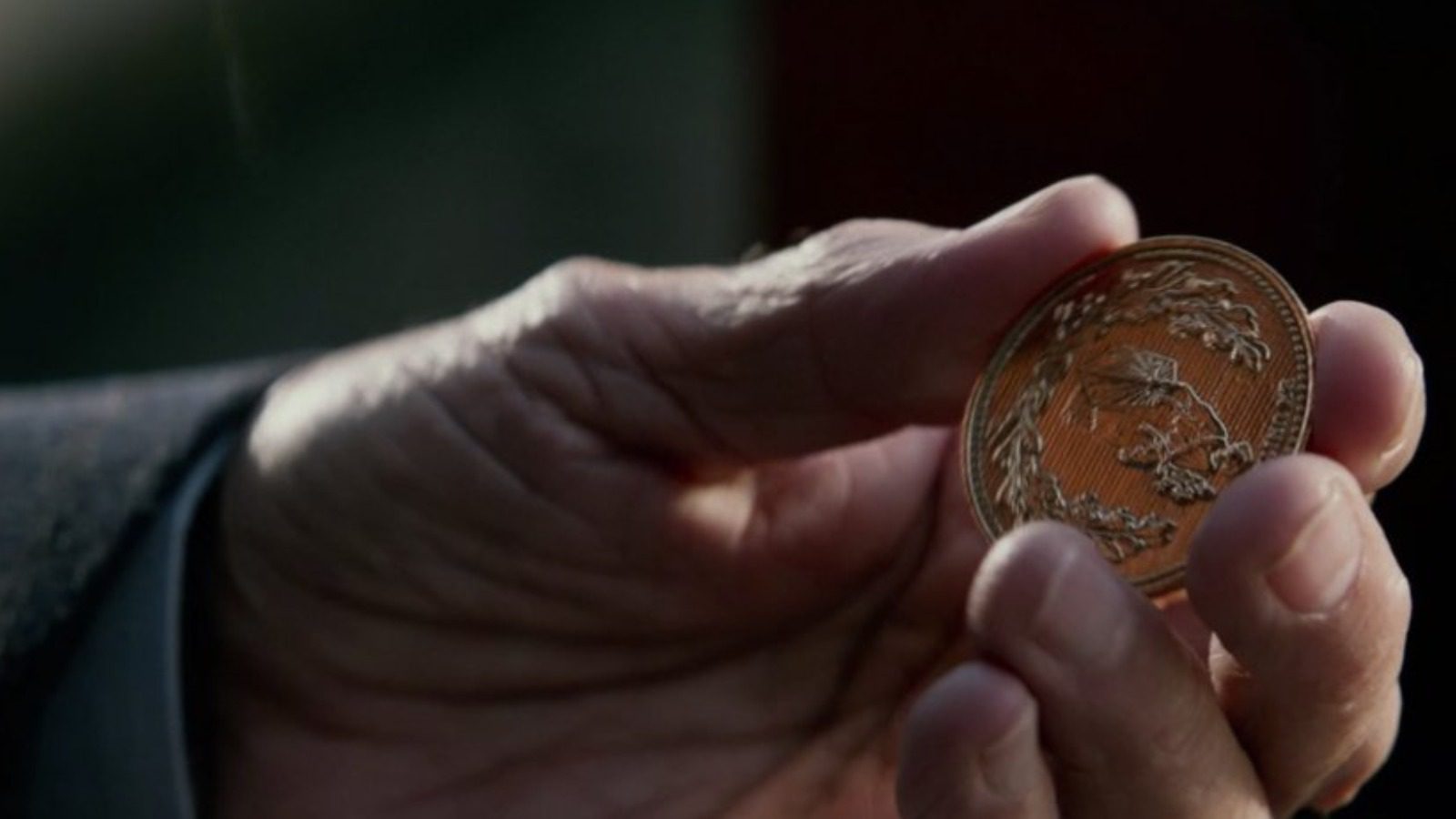
In a assume piece for Forbes, Moody’s Analytics economist Adam Ozimek attempted to navigate the economic system of “John Wick’s” gold cash. His concept states that the cash must be considered like tickets or tokens at an arcade, with the Continental inns later exchanging them for money. On this manner, he posits that the inns could be ready to self-regulate taxation at the foreign money, whilst additionally banking on contributors circulating the cash on their very own, leaving their “actual” cash within the gadget to the Continental’s benefit. The drawback, as they freely admit, is that this does not account for the discrepancies in price. Chuck E. Cheese’s would not paintings if it’s good to get an entire pizza for the price of a recreation of Galaga. However, Chuck E. Cheese’s did not paintings anyway. That is irrelevant.
The closest factor to an absolutely learned rationalization of the cash comes from Chad Stahelski and David Leitch, the administrators in the back of the “John Wick” franchise. In a 2017 interview, they described the gold cash as having no set price, as an alternative making an allowance for them to be, in essence, cryptocurrency created from clout. One individual’s coin could be thought to be extra precious than every other’s relying on their recognition, in the similar manner {that a} baseball hit by way of Ty Cobb could be worth multiple that Bob Dole by chance threw into the group when his hand slipped throughout the outlet pitch. We are paraphrasing.
Briefly, the economic system of “John Wick” works the similar manner that almost all issues do in blockbusters: It does not, until you do not take into consideration it, through which case it is lovely cool.


